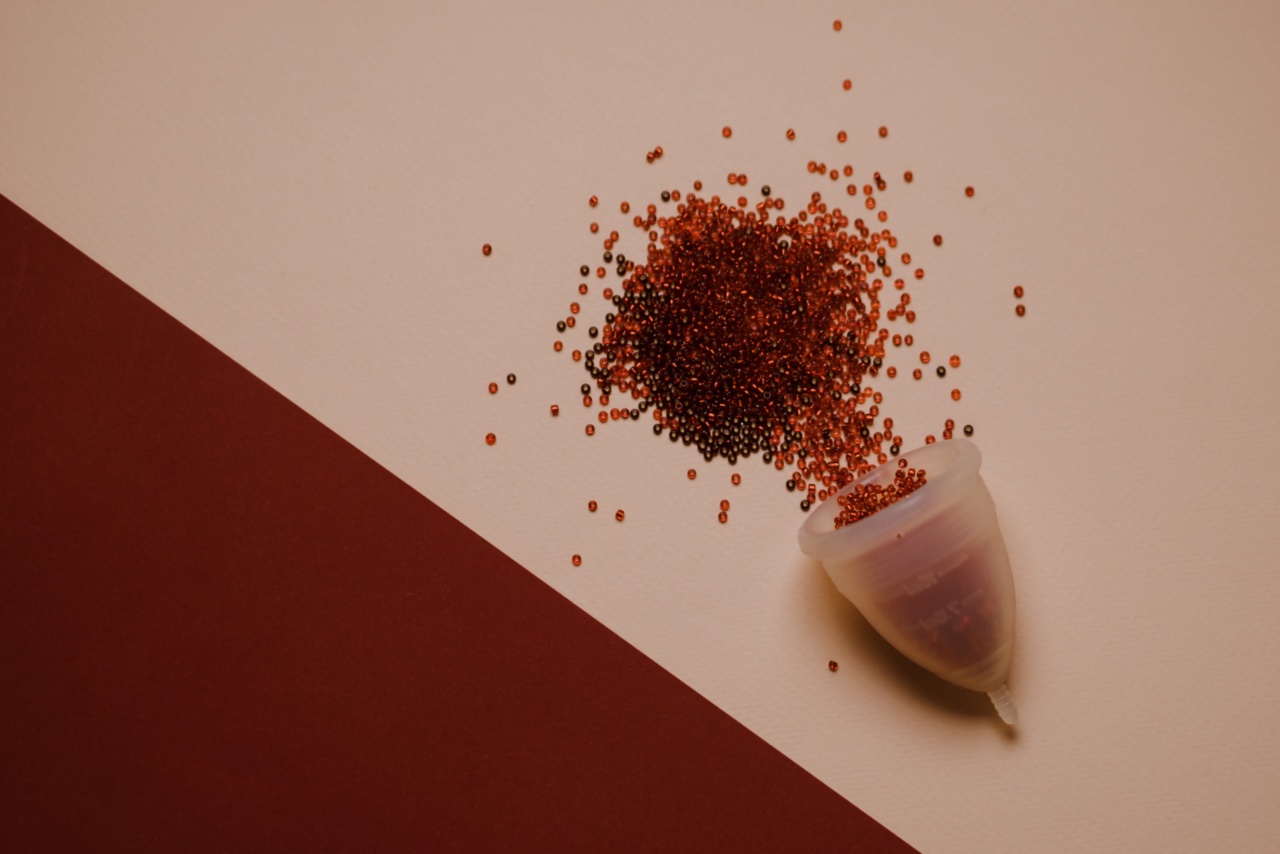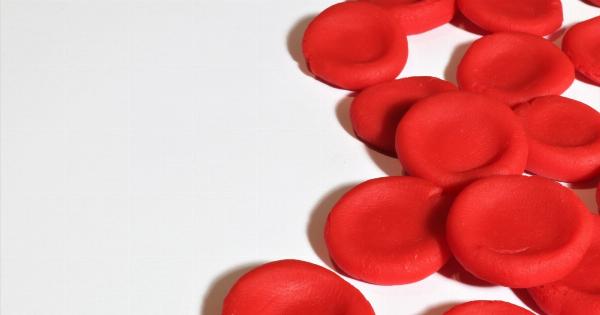Red blood cells play a crucial role in ensuring that our body stays healthy and functions properly. These cells are responsible for carrying oxygen from the lungs to various tissues and organs throughout the body.
A deficiency in red blood cells can lead to anemia, fatigue, and other health issues. It is therefore important to maintain healthy levels of red blood cells, which can be achieved through a balanced diet. Here are some top foods that can improve red blood cell production.
1. Spinach
Spinach is a nutritional powerhouse that is rich in iron, folate, and vitamin B12 – all of which are essential for red blood cell production. Iron helps in the formation of hemoglobin, which is a protein found in red blood cells that carries oxygen.
Folate and vitamin B12 are also necessary for the production of red blood cells. Including spinach in your diet can help boost your red blood cell count and prevent anemia.
2. Lean Meat
Lean meats such as beef, lamb, and turkey are excellent sources of both heme and non-heme iron. Heme iron is derived from animal sources and is easily absorbed by the body.
Non-heme iron, on the other hand, is found in plant-based foods but is not as well-absorbed. Including lean meats in your diet can provide the necessary iron for red blood cell production, especially for individuals who may have impaired iron absorption.
3. Legumes
Legumes like lentils, chickpeas, and kidney beans are packed with nutrients that can help improve red blood cell production. They are rich in iron, folate, and vitamin B6 – all necessary for the production of red blood cells.
They are also a great source of protein, which is needed for the formation of hemoglobin. Adding legumes to your diet can help ensure that you are getting the essential nutrients required for healthy red blood cells.
4. Eggs
Eggs are a versatile and nutrient-dense food that can contribute to improved red blood cell production. They are rich in iron, folate, vitamin B12, and protein – all vital for red blood cell synthesis.
The iron present in eggs is in a highly bioavailable form, making it easier for the body to absorb and utilize. Including eggs in your diet can help increase your red blood cell count and optimize overall health.
5. Dark Chocolate
Good news for all chocolate lovers – dark chocolate is not only delicious but also beneficial for red blood cell production. Dark chocolate contains high levels of iron, copper, and antioxidants.
Iron and copper are both essential for the synthesis of red blood cells. However, it is important to choose dark chocolate with a high cocoa content (70% or higher) to reap the maximum benefits.
6. Citrus Fruits
Citrus fruits such as oranges, lemons, and grapefruits are known for their high vitamin C content. Vitamin C plays a crucial role in enhancing the absorption of iron from plant-based foods.
It also aids in the production of collagen, a protein that supports the integrity of blood vessels. Including citrus fruits in your diet can help optimize red blood cell production by aiding in iron absorption.
7. Pumpkin Seeds
Pumpkin seeds are a nutritious and convenient snack that can contribute to healthy red blood cell production. They are rich in iron, magnesium, zinc, and copper – all essential minerals for red blood cell synthesis.
Magnesium is particularly important as it helps in transporting iron from cells to the bloodstream. Incorporating pumpkin seeds into your diet can be a delicious way to support your red blood cell count.
8. Fortified Cereals
Fortified cereals are a convenient and accessible option to boost red blood cell production, especially for individuals following a plant-based diet.
Many breakfast cereals are fortified with iron, folate, and vitamin B12 – key nutrients required for healthy red blood cells. However, it is important to choose cereals with reduced sugar content and whole grains for maximum nutritional benefit.
9. Beetroot
Beetroot is a vibrant vegetable that can have a positive impact on red blood cell production. It contains iron, folate, and antioxidants – all important for the synthesis of red blood cells.
Studies have shown that beetroot juice can increase blood hemoglobin levels due to its high iron content. Including beetroot in your diet, either raw or cooked, can help support healthy red blood cell production.
10. Fish
Fatty fish such as salmon, trout, and sardines are excellent sources of omega-3 fatty acids, iron, vitamin B12, and folate. These nutrients are essential for red blood cell production and overall cardiovascular health.
Omega-3 fatty acids help in reducing inflammation and improving blood flow, which can optimize the delivery of oxygen to tissues. Including fish in your diet a few times a week can support the production of healthy red blood cells.
Conclusion
A diet rich in the above-mentioned foods can significantly improve red blood cell production and prevent anemia.
Including a variety of iron-rich foods, such as spinach, lean meats, legumes, and eggs, can provide the necessary nutrients for red blood cell synthesis. Adding foods high in vitamin B12 and folate, like lean meats, seafood, and fortified cereals, can further enhance the production of red blood cells.
Additionally, including citrus fruits, dark chocolate, pumpkin seeds, and beetroot can provide supplementary nutrients for optimal red blood cell production. By making these dietary adjustments, you can ensure that your body has an adequate supply of red blood cells to maintain healthy bodily functions and overall well-being.































